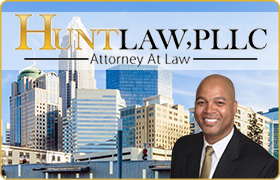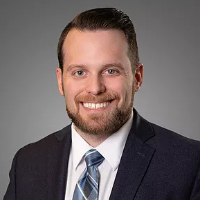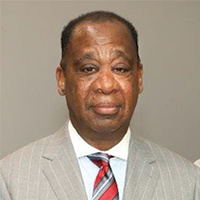Charlotte Criminal Lawyer, North Carolina
Sponsored Law Firm
-
 x
x

Click For More Info:
-
Hunt Law, PLLC
601 East 5th Street, Suite 100 Charlotte, NC 28202» view mapCriminal Defense, DUI, Traffic Violations SMART, AGGRESSIVE AND CLIENT FOCUSED
Our firm founded in 2008 and is located in Charlotte, NC. We are committed to providing the highest quality of compassionate, thorough & aggressive legal representation.
800-942-7610
Samuel J. Randall
✓ VERIFIEDSince 1998, Samuel J. Randall, IV has built a solid reputation among his peers, adversaries, and the judiciary in North Carolina as an aggressive and ... (more)
Andrew Gordon
✓ VERIFIEDAndrew was born and raised in Syracuse, NY and moved to Charlotte in 2010 to pursue his legal education. Having grown up with 8 siblings and step-sibl... (more)
Carlos R. Emory
✓ VERIFIEDC. Randy Emory was born and raised in the small, rural town of Wilson NC. Throughout his childhood, Mr. Emory displayed many leadership qualities. In ... (more)
Kirk Robert Lundell
✓ VERIFIEDFollowing a successful 15-year career managing several well-known retail stores throughout the country, Mr. Lundell decided to refocus his passion for... (more)
Richard L. Brown
✓ VERIFIEDMr. Brown has practiced law primarily in Union County, North Carolina for over 14 years. He also serves the surrounding counties of Anson and Mecklenb... (more)
FREE CONSULTATION
CONTACTJulie H. Fosbinder
FREE CONSULTATION
CONTACT Gregory Hunt Charlotte, NC
Gregory Hunt Charlotte, NC





